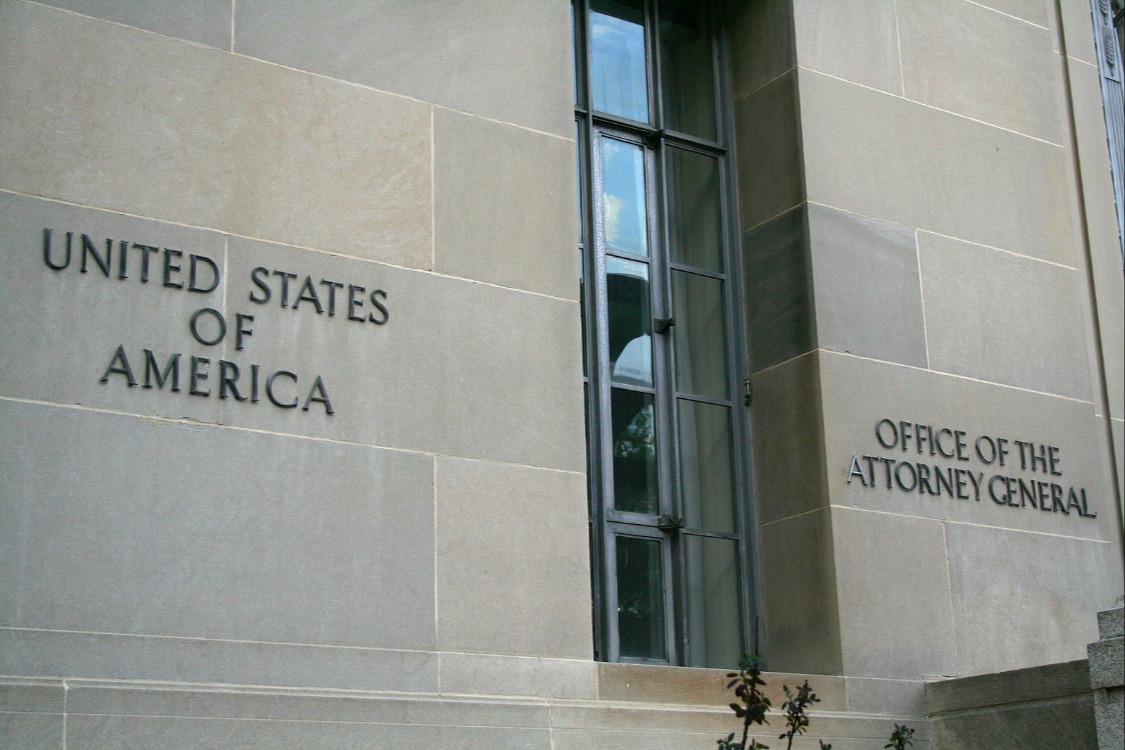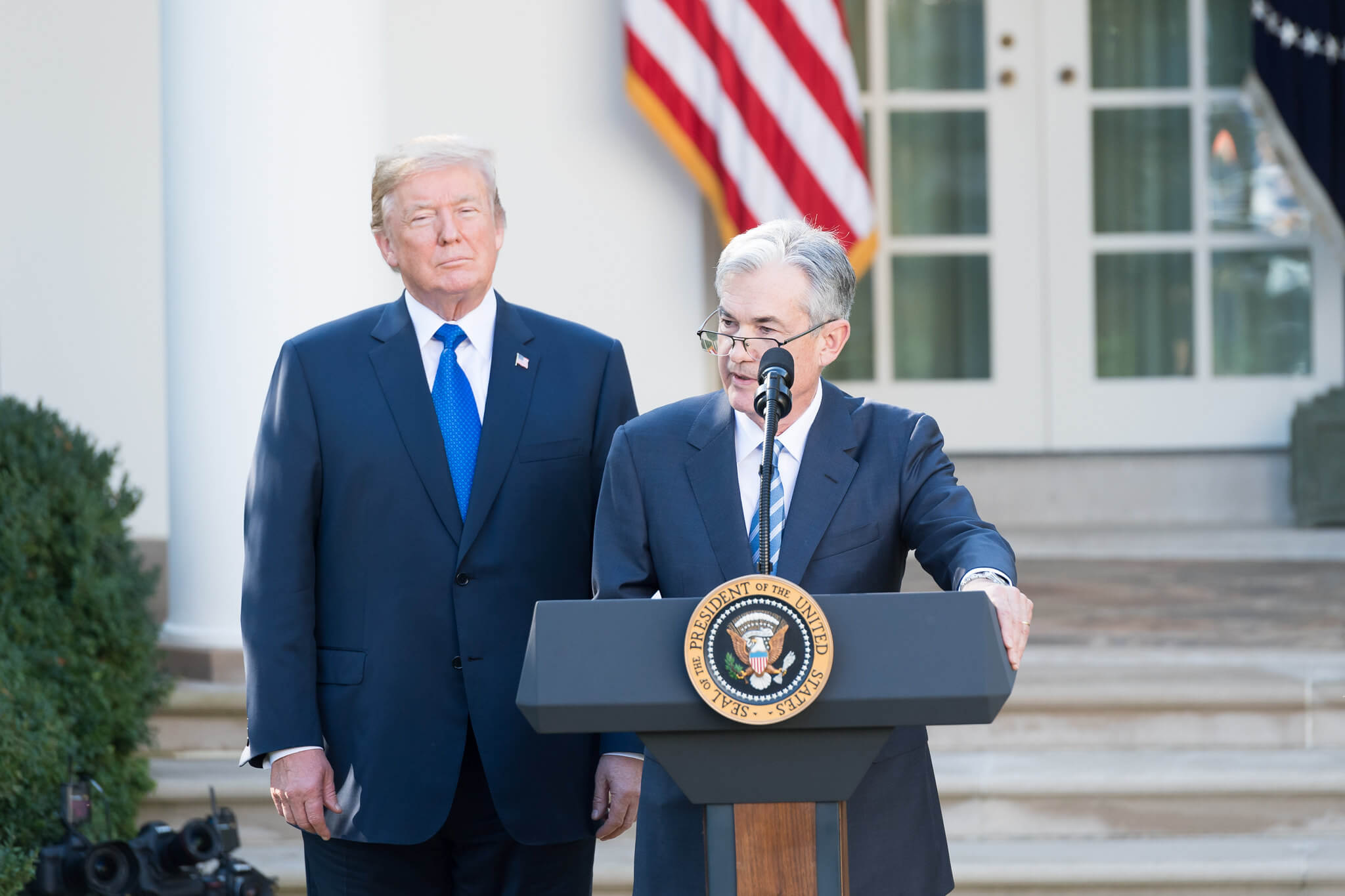Today's Headlines and Commentary
In a historic speech, today, President Barack Obama announced that the United States will restore full diplomatic relations with Cuba, opening an embassy in Havana, reviewing Cuba’s designation as a state sponsor of terrorism, and easing travel and monetary restrictions.
In a historic speech, today, President Barack Obama announced that the United States will restore full diplomatic relations with Cuba, opening an embassy in Havana, reviewing Cuba’s designation as a state sponsor of terrorism, and easing travel and monetary restrictions. The deal comes at the end of 18 months of talks facilitated by Canada and encouraged by Pope Francis, who the New York Times reports hosted the final meeting at the Vatican.
Earlier this week, President Obama and Cuban President Raul Castro spoke on the phone, agreeing to put aside years of animosity and forge a new relationship.
The agreement was preceded by the release of an American contractor, Alan P. Gross, who had spent five years in a Cuban prison, accused of espionage. The United States sent back three Cuban spies who had been in an American jail since 2001. The United States also secured the release of of a US intelligence agent who had been held by Cuba for nearly 20 years.
“These 50 years have shown that isolation has not worked,” Obama said speaking at the White House today. “It’s time for a new approach.” The New York Times has more on the announcement and exactly what all it includes.
As Cuba enters onto the world’s stage, Russia is retreating once again into isolation.
From the New York Times: “Russia is stuck in a vicious cycle in which falling oil prices worsen its financial position, which causes a loss of confidence in the ruble. A falling ruble causes high inflation and makes businesses reluctant to invest, and the central bank’s interest rate increase to combat the falling ruble will have a side effect of worsening the economy further.”And on Tuesday, President Obama announced that he would support new sanctions against Moscow.
Trading in the Russian ruble remained volatile this morning, reports the Times. The Russian Finance Ministry announced that it is willing to sell as much as $7 billion of its foreign currency reserves in an attempt to stabilize the ruble. However, traders remained skeptical, with one noting that the Russian Central Bank had been sold billions of foreign reserves already, which has done nothing to stop the skid.
The Wall Street Journal writes that money changers "from St. Petersberg to Siberia" ran out of foreign currency yesterday, and Russians rushed to buy big-ticket items. One mid-size Moscow lender said they would be unable to send foreign currency on Wednesday as the aircraft that typically transport cash are full.
In Politico, Michael Crowley asks, “is Obama destroying the Russian economy?”
The shifts are tectonic, and Bloomberg explains they extend farther than just the Russian economy. As the American market accelerates, and China’s cools, “the dollar is surging and the influence of the BRICS is on the wane.” The vulnerability in emerging-markets is pushing capital into tradition safe havens, boosting the US economy along the way.
Following the despicable attack on a school in Pakistan that left at least 141 dead, the Guardian reports that the Pakistani military has responded with massive air strikes against Taliban strongholds near the border with Afghanistan. Reuters also brings us news that a US drone strike in Afghanistan killed four members of the Pakistani Taliban (TTP) - the group responsible for the attack.
Today, Pakistan’s Prime Minister Nawaz Sharif promised to pursue terrorists even outside of Pakistan’s borders, while also lifting a long-held moratorium on the death penalty. After speaking with Afghan President Ashraf Ghani, Sharif promised that the fight would also continue “on the Afghan side of the border.” According to the Washington Post, Pakistan’s Army Chief also took an emergency flight to Kabul to meet with Ghani and US General John F. Campbell, the commander of coalition forces in Afghanistan. The New York Times reports that a senior official in Peshawar claims that Pakistan posses hard intelligence that the attack was planned by Taliban coordinators hiding in eastern Afghanistan.
In Bloomberg, Josh Rogin and Eli Lake discuss how the US may get drawn into Pakistan’s new war, with the attacking pushing President Obama to renew and expand the counterterrorism partnership with the restive country that has deteriorated since the US raid on Osama bin Laden’s compound. Counterterrorism officials predict more attacks like the one on the school in Peshawar. A TTP spokesman said that the attack on the school was “just the trailer.”
Reuters carries a special report going inside Iraq’s “killing zones” - patches of Sunni farmlands that encircle Baghdad where Iraqi security forces and Shiite militia groups have declared all-out war against suspected ISIS militants. According to the International Rescue Committee, at least 83,000 people have abandoned their homes in the area. The “Baghdad Belt” is considered vital in keeping the Iraqi state together.
The Associated Press reports that two suicide bombers killed 26 people, including 16 students in Yemen yesterday. The attacks targeted a Shiite rebel checkpoint, but occurred just as a school bus was passing through.
In an attempt to crack down on terrorism, Kenya has closed over 500 NGOs, including 15 for alleged fundraising for terrorism.
In a 55-38 vote, the United States Senate confirmed Antony Blinken as the number 2 at the State Department.
A bill to extend the federal terrorism insurance program fared more poorly, effectively dying when retiring Oklahoma Republican Senator Tom Coburn requested last minute changes and refused to drop his objections. Reuters has more.
According to the Los Angeles Times, New York Times reporter James Risen has been ordered to appear at a January 5th hearing to give limited testimony before the trial of a former CIA officer who is charged with revealing classified information, particularly those covered in Mr. Risen’s book, State of War. Previously, the Department of Justice had agreed that it will not force Mr. Risen to reveal the name of his source.
In the Washington Post, Glenn Kessler fact checks Dick Cheney’s comments about waterboarding in WWII, finding that Cheney “is simply wrong when he claims Japanese soldiers were not tried for waterboarding.”
Finally, the Guardian reports that hackers who targeted Sony for its new movie, “The Interview,” have invoked the 9/11 attacks, suggesting “the world will be full of fear,” and warning people to avoid theaters showing the film.
ICYMI: Yesterday, on Lawfare
Cody Poplin linked us to videos of the 2014 Cato Institute Conference on Surveillance, where Ben Wittes prompted a number of responses from Edward Snowden. Ben Wittes and Matt Waxman, both in Israel, wrote of the heroism of effective logistics at the Kerem Shalom crossing. Finally, Peter Margulies explained all that’s wrong in the ongoing debate about the efficacy of torture. Email the Roundup Team noteworthy law and security-related articles to include, and follow us on Twitter and Facebook for additional commentary on these issues. Sign up to receive Lawfare in your inbox. Visit our Events Calendar to learn about upcoming national security events, and check out relevant job openings on our Job Board.
Cody Poplin is a student at Yale Law School. Prior to law school, Cody worked at the Brookings Institution and served as an editor of Lawfare. He graduated from the UNC-Chapel Hill in 2012 with degrees in Political Science & Peace, War, and Defense.





